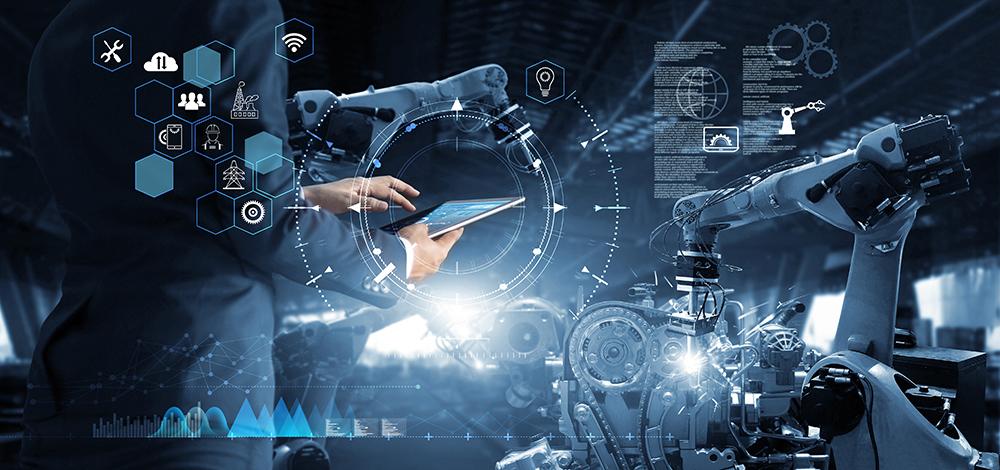Factory Automation, industrial automation, is the set of all tools and machinery capable of implementing and/or replacing the human workforce throughout the supply chain that leads to obtaining a finished product.
Fields of application, automation and robotics
Industrial automation is applied in many sectors, from automotive to chemicals, from food to electronics, from mechanics to pharmaceuticals. At the same time, different applications can be automated within the same sector.
Assembly
Fastenings, joints, constructions: these are all processes that are frequently encountered in some sectors such as the automotive and mechanical sectors. The automations involved include both robots and machines.
Handling of material
All those applications that involve moving the product from one location to another are intended: therefore packaging, palletizing, end-of-line logistics activities.
Quality control
Automated quality control solutions will make online metrology accessible, versatile, and easy by making accuracy possible in industrial conditions and manufacturing environments. A software architecture that provides clear and rapid results in a format that supports preventive and corrective actions.
Industrial automation targets
It is estimated that the 70-80% of business processes can be automated with robotics, through tools that simplify boring, stressful, repetitive activities. By automating low-level manual work, humans can focus on quality activities, improving productivity and, at the same time, reducing stress.
The targets of the companies that are open to this kind of interventions are:
- Faster services (3 to 5 times) and leaner business operations;
- Reduction of operating costs from 25 to 40%;
- Reduction of human errors and, consequently, of reputational and financial risks;
- Reduction of defects and non-conformities;
- Possibility of making precise predictions of the processes since the machines are constantly linked to the same algorithms.
Implement automation systems in factories
Making all these needs converge in a performing automated solution is above all the task of a system integrator, capable of thoroughly analyzing a pre-existing condition, finding its criticalities and exploiting the characteristics of automation to bring about a positive change in the specific process.
In the past, industrial automation intimidated many companies. Today the perception has changed. The opportunities offered by an automated solution, from the robot to the simple press, are more within everyone’s reach and not the exclusive prerogative of companies capable of making very large investments. Today, a robotic island, for example, has an average payback of less than one year.
In particular, we at Whitech put maximizing the efficiency and productivity of the customer with customized and usable systems every day at the center of our studies, designs and productions.
The future of factory automation
Despite the climate of economic uncertainty, automation represents a continuously growing trend.
Robotics is a rapidly expanding trend and in the last five years it has recorded a growth rate of 36.3%, a phenomenon that COVID-19 has accelerated in the short and long term. Investing in robotics therefore means investing in the future.
Contact Whitech for solutions tailored to your Organization!



